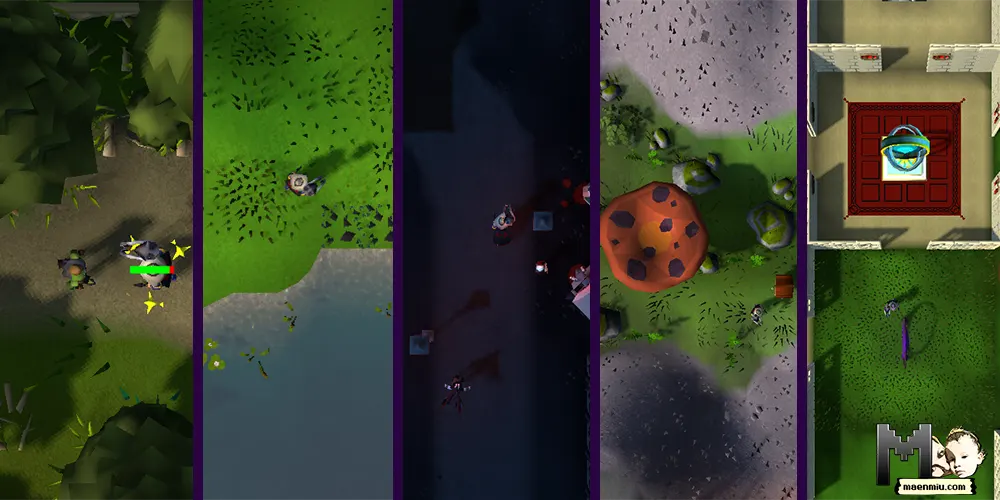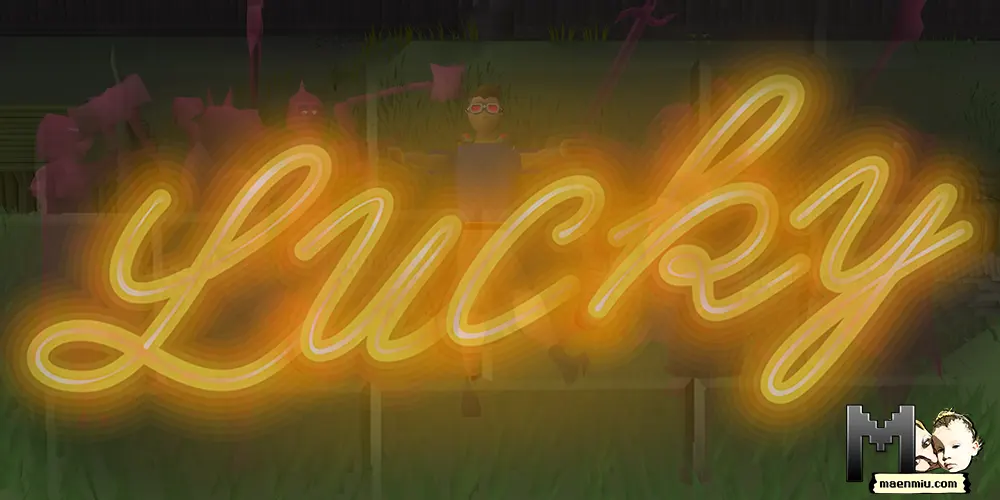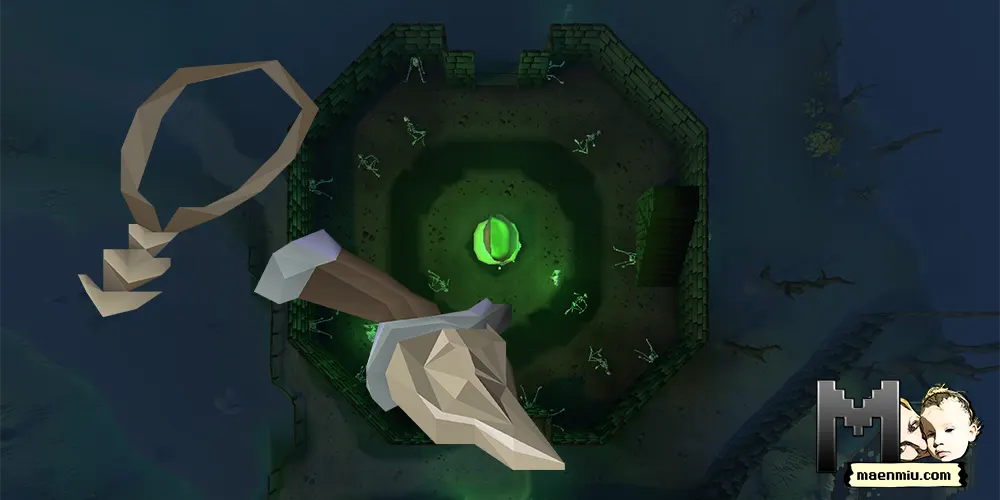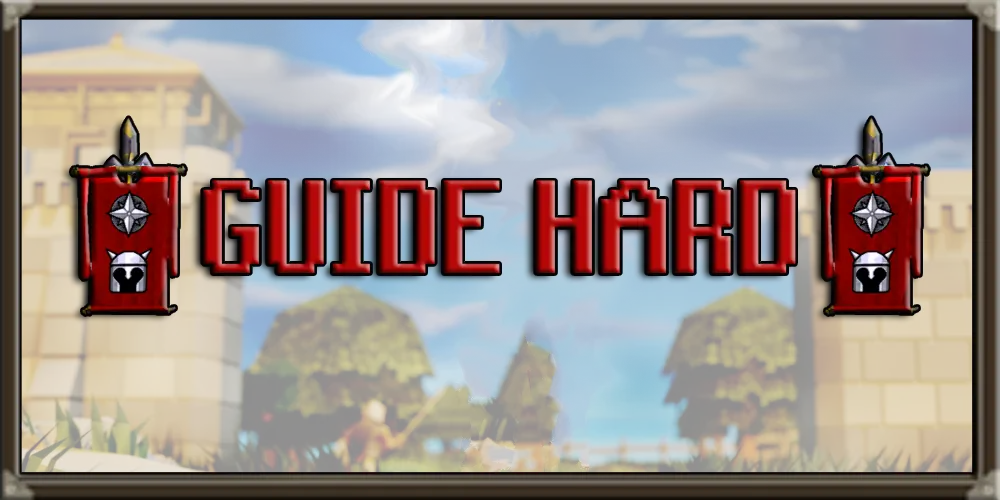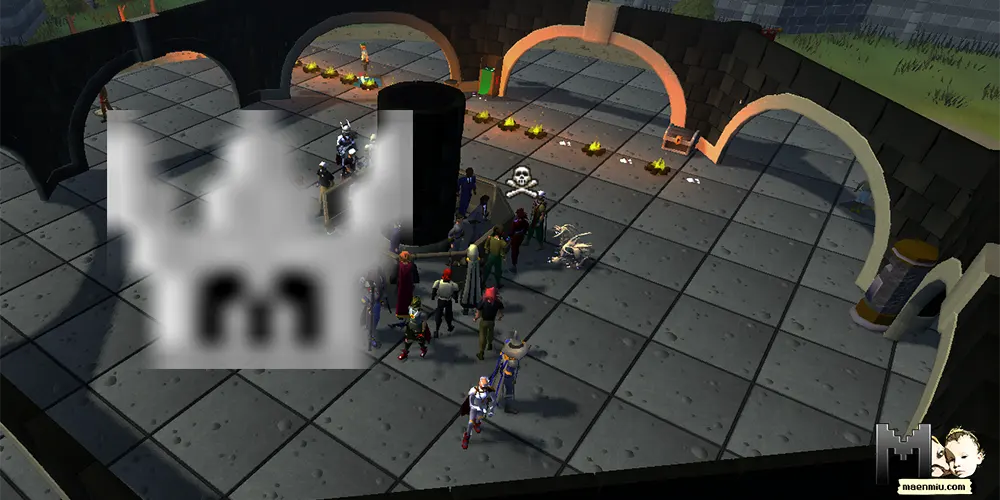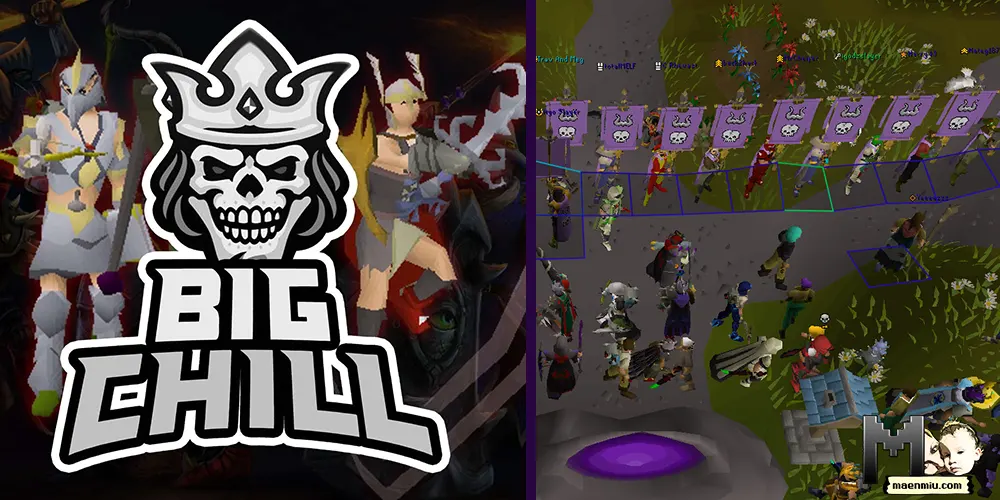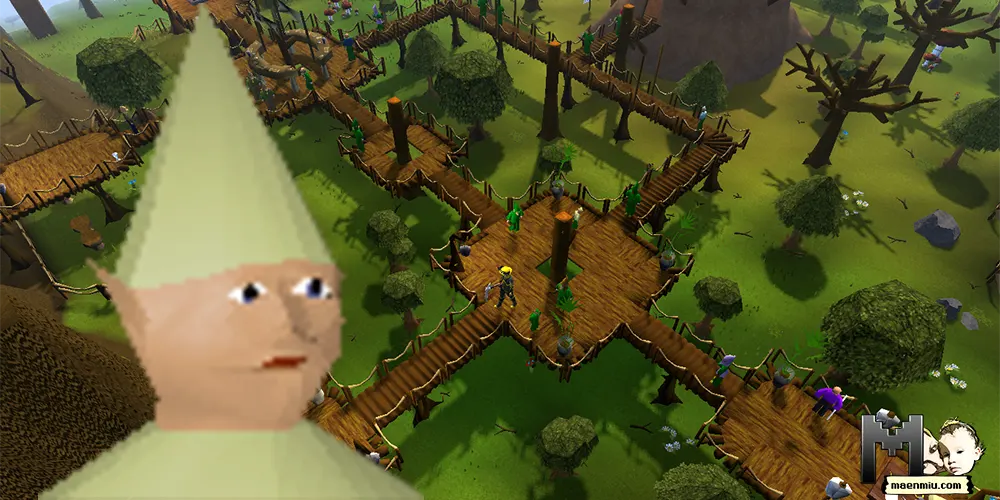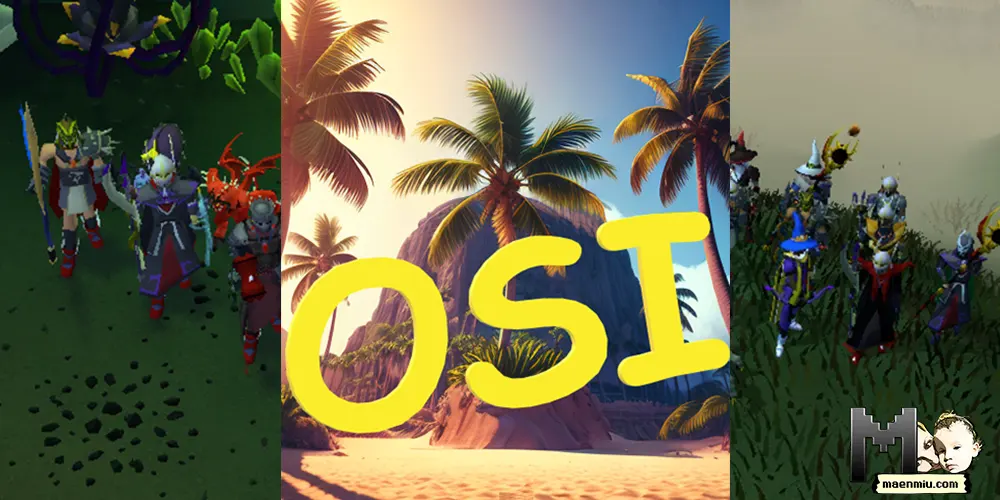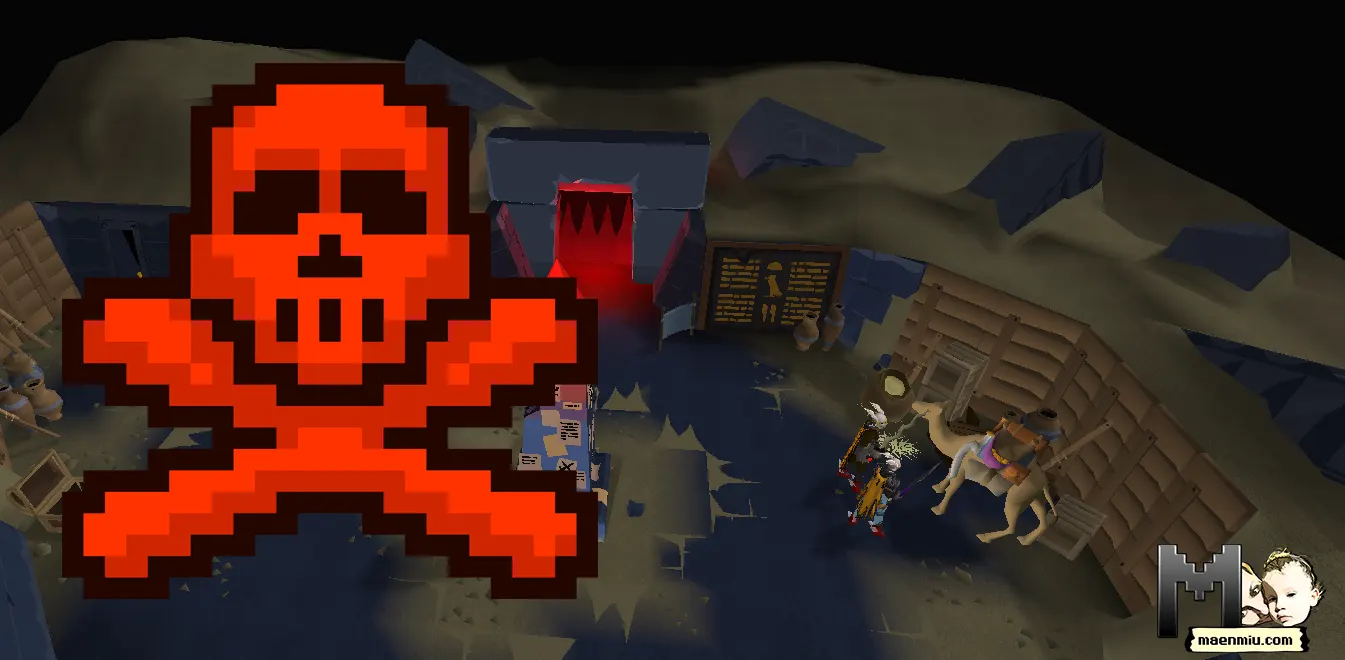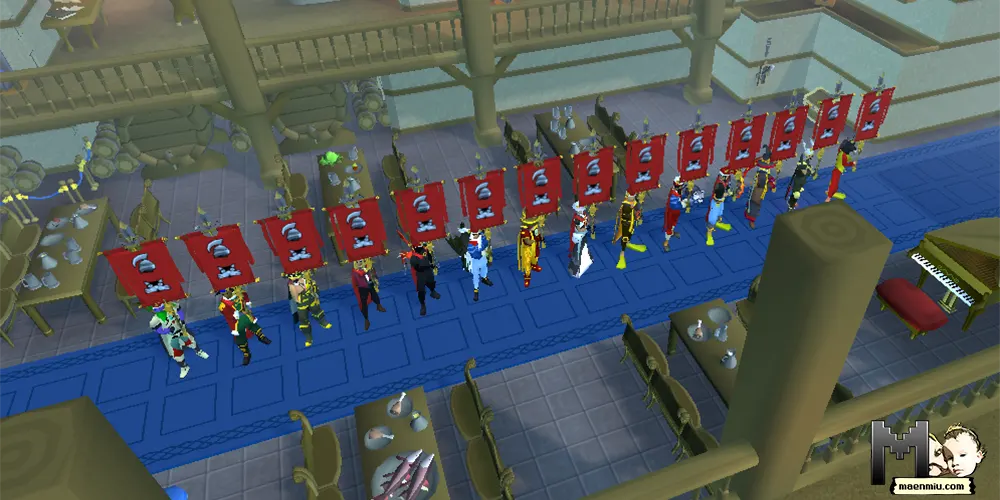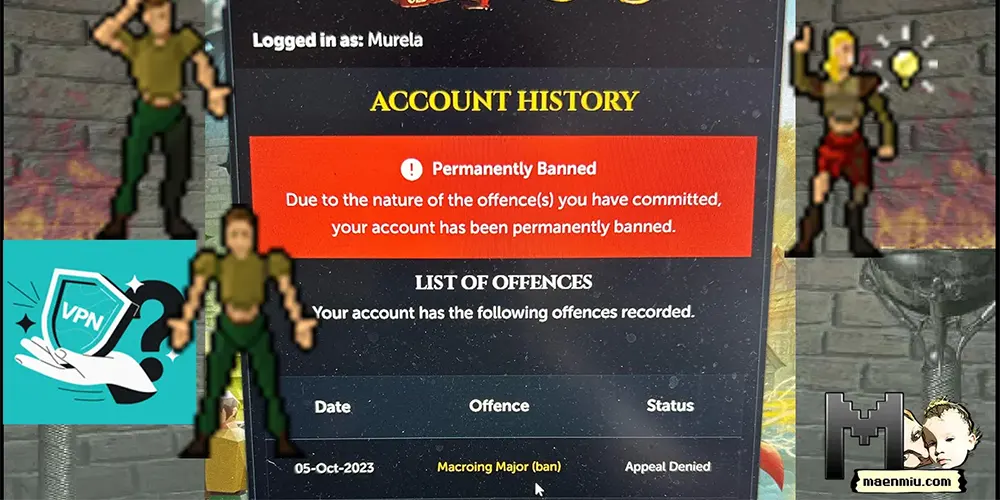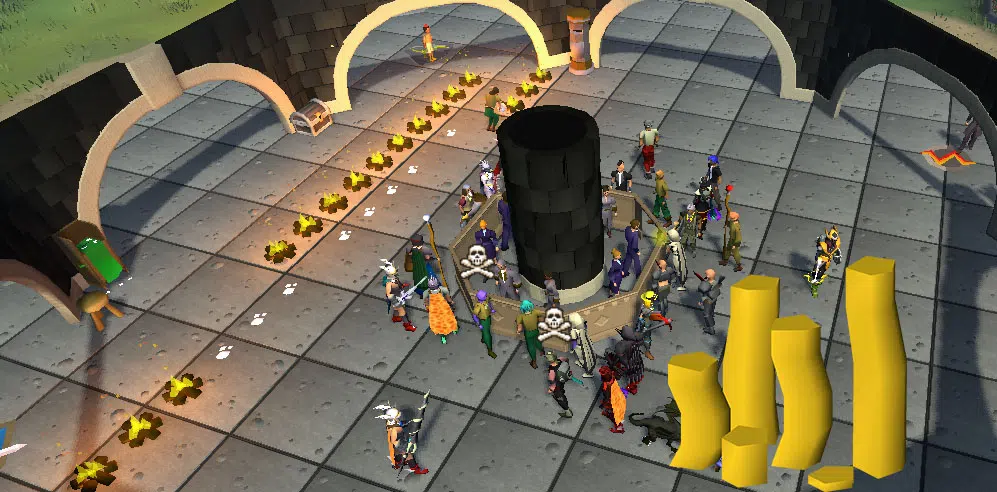
Old School RuneScape is not that different from IRL as you might think at first glance. I advice for taking your real life as seriously as you take playing Old School RuneScape because I think the two are very similar in many respects and becoming aware of the likeness between the two could really help you become a better version of yourself, or get you closer to your goals, regardless whether they are IRL goals or RuneScape goals.
You might like
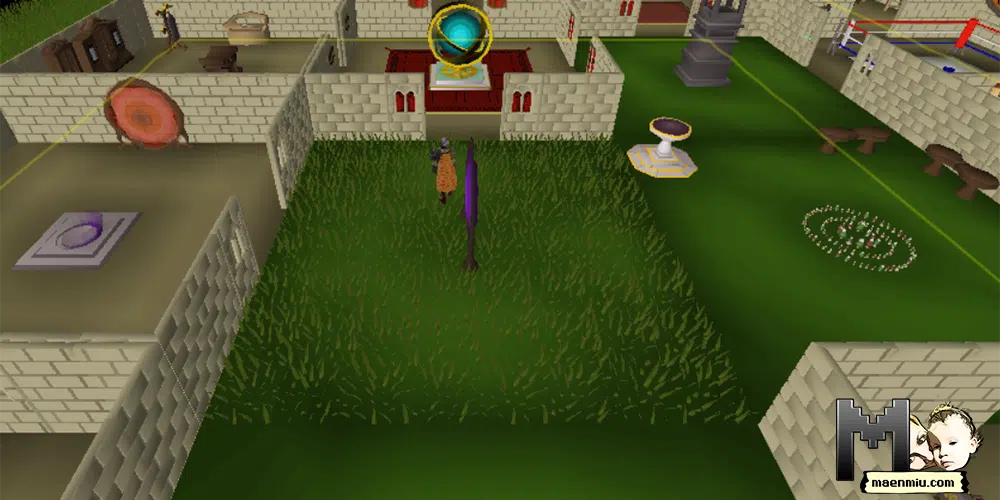
Importance
Understanding how supply and demand works is crucial if you want to get a fuller picture of the economy. You’ll be able to take informed decisions: whether you’re a business owner, an investor, or a consumer, understanding supply and demand can help you make informed decisions. You can anticipate market changes, understand pricing fluctuations, and make choices that maximize your benefit.
Economic Forecasting
Economists use supply and demand principles to make predictions about future market trends. Understanding these principles can help businesses plan for the future, governments make policy decisions, and individuals plan their finances. In OSRS it could help you predict whether an item is gonna lose its value or gain loads of value based on game updates and unless you are an ironman, you could make great OSRS GP by buying cheap and waiting for the price to go up before selling those items back on the Grand Exchange.
Price Determination
The interaction of supply and demand is the primary determinant of price in a free market. Understanding this can help consumers and businesses understand why prices rise and fall. In OSRS, however, Jagex has implemented a few measures that artificially keep the items of the prices above certain numbers. For instance, certain valuable items have a low drop rate from monsters, which limits their supply.
Game Updates
When new content is added to OSRS, it can significantly affect the prices of related items. For instance, if a new boss is introduced that requires specific gear to defeat, the demand for those items may increase, causing their price to rise.
Player Manipulation
Some players or groups of players might try to manipulate the market by buying large quantities of specific items, reducing their supply in the Grand Exchange and driving up the price. They can then sell at this higher price for a profit. This practice is generally discouraged and can result in action from Jagex.
Item Sinks
An item sink is a game mechanic where items are removed from the economy, reducing their supply and potentially increasing their price. Examples include items lost on death or items used in construction, as well as even more advanced grand exchange tax that goes towards buying items such as the abyssal whip to keep its price up.
Real-World Trading (RWT)
Some players buy and sell in-game items for real-world money, which is against the game’s rules. RWT can cause inflation if large amounts of gold are introduced into the game.
Bots and Gold Farming
Bots (automated player accounts) and gold farmers (players who earn gold to sell for real-world money) can significantly impact the economy of OSRS. They can flood the market with farmed items, lowering their price, or cause inflation by introducing large amounts of gold into the economy.
While these factors can artificially influence the price of items in OSRS, the economy still largely operates on supply and demand principles, with players’ actions and needs driving market trends.
Profit Maximization
For businesses, understanding supply and demand can help them price their products optimally to maximize profits. For example, during periods of high demand, businesses might be able to charge higher prices. The same goes for RuneScape, where after the announcement of Desert Treasure 2 which will reward you with a fully new prayer book (the Ruinous Powers), the price of the bones used for training the Prayer skill significantly went up.
Mechanisms of Supply and Demand:
In both OSRS and the real world, the basic principle of supply and demand operates similarly. If an item is in high demand and has limited supply, its price tends to increase. Conversely, if an item is abundant but there’s limited demand, the price decreases. The Grand Exchange in OSRS operates on this principle, similar to real-world marketplaces.
In OSRS, a high-demand item like the Twisted Bow can fetch a high price because of its rarity and usefulness. In the real world, products like the latest iPhone model also tend to be expensive due to high demand and limited supply.
Player Actions and Supply/Demand in OSRS:
In OSRS, player actions significantly impact the supply of items. For instance, if many players begin farming a particular resource (like yew logs), the supply increases, potentially decreasing the price on the Grand Exchange. Conversely, if a valuable item (like the Abyssal Whip) is sought after by many players for combat, the high demand could drive prices up. When OSRS players start mining more Runite ore, the increased supply can lower its price on the Grand Exchange. On the contrary, items like the Bandos Chestplate can increase in price if they are in high demand for player-versus-player combat.
Real-world Actions and Supply/Demand:
Similar dynamics are seen in the real world. If a resource becomes abundant (perhaps due to technological advancements in extraction or farming methods), its market price may fall. Conversely, if a product becomes popular or a resource becomes scarce, prices can rise due to increased demand or reduced supply. If farmers worldwide have a particularly good yield of wheat, the increased supply may decrease wheat prices. Conversely, if a cold snap damages the Florida orange crop, the decreased supply of oranges can increase prices.
Game Updates and Supply/Demand in OSRS:
Game updates can also impact supply and demand in OSRS. For example, if a new update makes a certain skill more profitable or introduces a new use for a particular item, demand for the relevant resources can spike. Similarly, if an update makes a previously valuable item less useful, demand can plummet. A game update in OSRS introducing a new boss monster that drops Dragon bones could lead to an increase in supply of these bones, possibly lowering their price. Conversely, an update making Amethyst arrows more effective in combat could increase their demand, driving up prices.
Real-world Events and Supply/Demand:
Real-world supply and demand are also affected by various events. Technological advancements, policy changes, natural disasters, or shifts in consumer preferences can all drastically change the demand for or supply of certain products. For instance, the advent of smartphones drastically increased the demand for mobile data, while policy changes or trade wars can affect the supply of various goods.
In both OSRS and the real world, the forces of supply and demand are complex and multifaceted, influenced by a myriad of factors. While the specifics of how these forces play out can differ, the underlying principles are remarkably similar.
You might also like
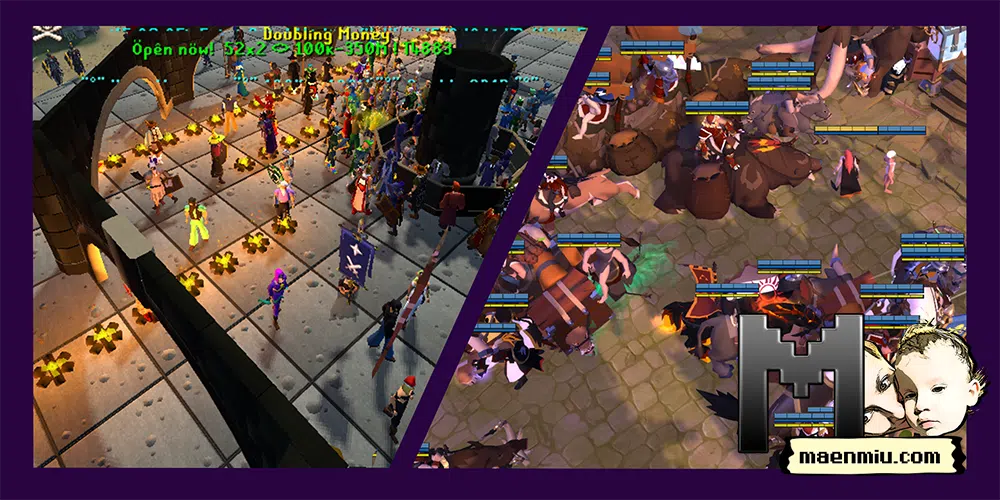
I created this article with the partial assistance of an AI tool. Learn about my view on AI and why I’m telling you about it.

